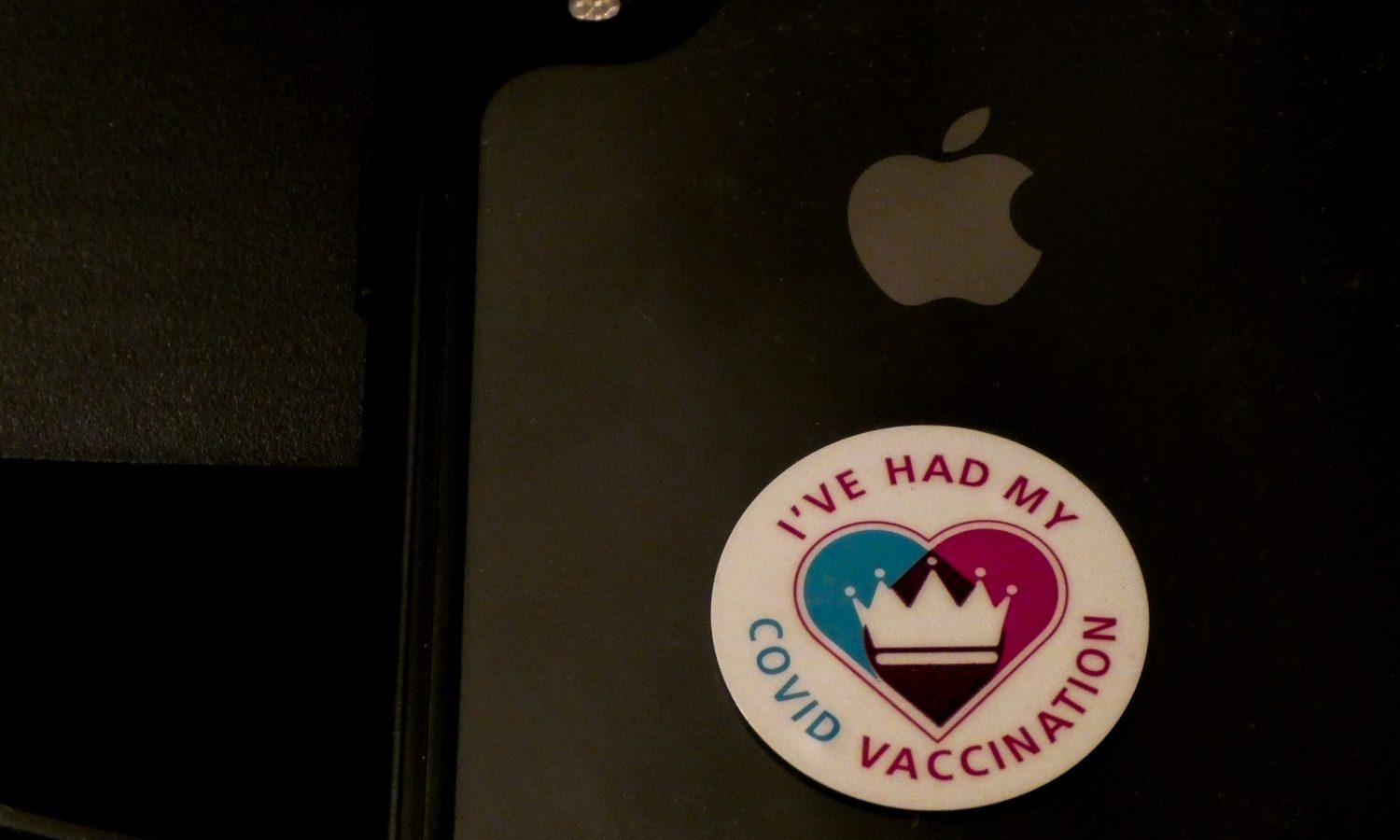Vaccine hesitancy might be a bigger problem than anti-vaxxers. Here’s how to talk to someone you know who is experiencing this.
International authorities and medical experts have been adamant about the COVID-19 vaccine’s safety. While it’s not something related to political parties, it’s a topic that has been exploited and manipulated. A loud minority of people don’t trust the vaccine and are tainting the opinions of many who may believe in them, but who might want to wait to get the shot after more of the population has received it.
Vaccine hesitancy puts everyone at risk, preventing herd immunity and slowing down the vaccination process significantly. Kolina Koltai, who studies conspiracy theories at the University of Washington, spoke with The Atlantic and explained this problem further. “I call it vaccine dissent,” she said. “And it’s way more complicated than being anti-vaccine. It goes from highly educated parents who are interested in holistic, naturalistic child-rearing to conspiracy theorists who want to abolish vaccines entirely.”
This problem envelops people who are uninterested in the vaccine, who are afraid of it, who mistrust the government, etc. There’s no one way of addressing it, but there are things that can help you establish better communication with these people, hopefully changing some opinions on the way.
Consider what makes them hesitant

RELATED: What’s The Deal With The AstraZeneca Vaccine?
Vaccine hesitancy can have many roots, and it’s important to consider them before trying to change someone’s mind. Try to have a conversation with people, choosing your words and direction depending on their reasoning. If they think COVID-19 is a virus like the flu, try your best to remain calm and illustrate how this is a situation that has only happened once before, 100 years ago. If they’re afraid of the side effects, focus on the large amounts of people who’ve been successfully vaccinated over the minority that has reported side effects. It’s unlikely that you’ll change someone’s mind in one conversation, so try your best to be patient.
Don’t talk down to anyone

Talking to people with different opinions on politics and nowadays vaccines can be a highly stressful topic, one that can quickly transform into a combative situation. If you want to preserve a relationship or have a hand in changing someone’s mind, it’s important to resist this impulse. Just like you, these people might have strong opinions on something, and likely believe that they’re right.
Pick your battles

RELATED: Dr. Fauci Says You Should Avoid Doing This Right Now
Lastly, it’s important to know who to have these conversations with. Don’t waste your time trying to convince a bot on Twitter to reconsider their stance on vaccines. Spend your energy on things you care about, that you actually have a chance in influencing, whether that’s a fearful or hesitant friend or family member.


